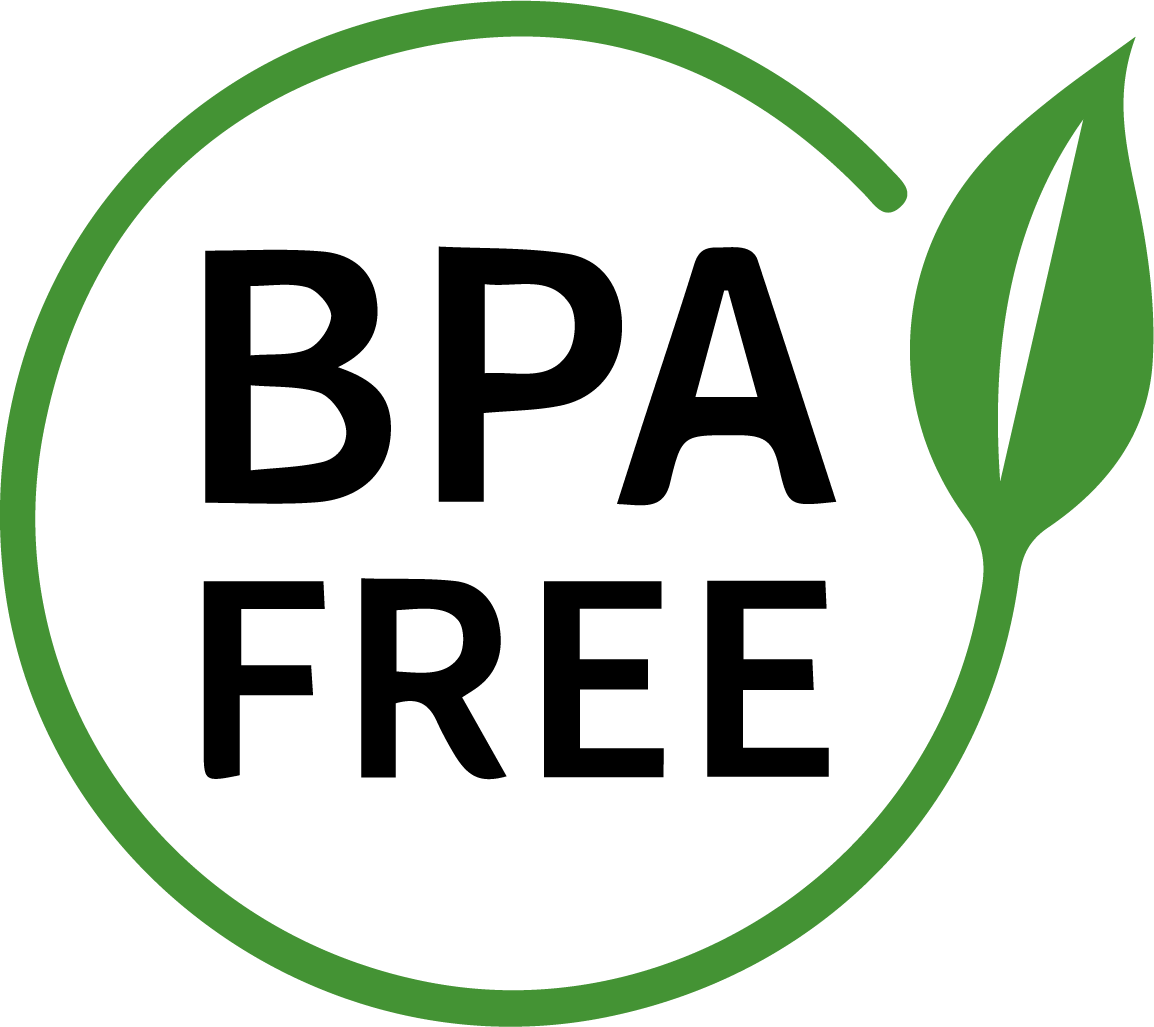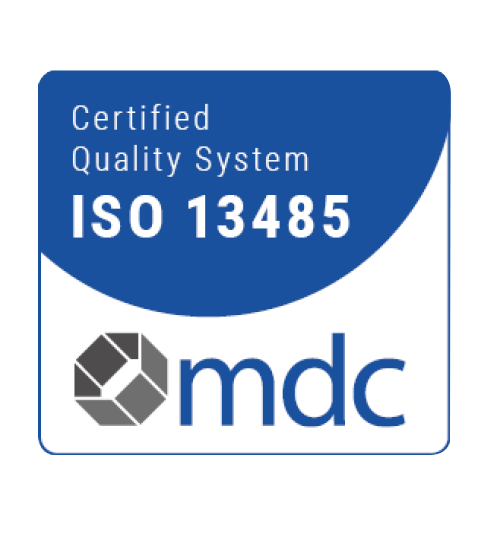Health Benefits of Clear Aligners & Straight Teeth
Recent Posts The Link Between Crooked Teeth and Dental Health Issues The Advantages of Clear Aligners Over Traditional Braces Health Benefits of Clear Aligners & Straight Teeth Recent Comments 2 Health Benefits of Clear Aligners & Straight Teeth By: firstclassaligners August 22, 2023 2 In the world of modern orthodontics, achieving a perfect smile is no longer solely about aesthetics. The introduction of clear aligners has revolutionized orthodontic treatment, offering individuals an effective way to achieve straight teeth. However, the benefits of clear aligners extend far beyond appearances; they have a profound impact on overall oral health and general well-being. In this article, we’ll explore how clear aligners contribute to better health by promoting oral hygiene, enhancing digestion, improving speech, reducing the risk of dental trauma, and boosting self-confidence. Improve Your Health With Oral Hygiene The importance of good oral hygiene goes beyond keeping your teeth pearly white. It’s a critical foundation for overall health. Poor oral hygiene can lead to gum disease, which has been linked to serious systemic health issues such as: Diabetes Cardiovascular disease Respiratory problems Arthritis Pregnancy complications Dementia Kidney disease Clear aligners play a pivotal role in promoting excellent oral hygiene habits. With dedication and healthy routines, patients can prevent severe gum disease and eliminate the many risks that come with neglecting their oral health. Unlike traditional braces, which can make brushing and flossing a challenge due to their intricate hardware, clear aligners are easily removable. This means individuals can continue their regular oral hygiene routine without any obstacles. Clear aligners significantly reduce the risk of food particles getting trapped and leading to plaque buildup. As a result, the gums remain healthier, and the likelihood of gum disease and related systemic health issues decreases. Digestion and Nutrition Chewing is the first step in the digestion process, and its importance often goes unnoticed. Misaligned teeth can hinder the efficient breakdown of food, leading to poor digestion and potential nutritional deficiencies. When teeth don’t align properly, certain areas of the mouth might not receive adequate chewing pressure, leading to uneven food breakdown. Those who don’t digest their food properly on a regular basis may experience the following: Nutritional Deficiencies Inadequate digestion means that your body may be unable to break down food properly, leading to poor absorption of essential nutrients such as vitamins, minerals, proteins, and fats. This can result in nutritional deficiencies that impact various bodily functions and lead to health problems over time. Gastrointestinal Discomfort Improper digestion often leads to symptoms such as bloating, gas, indigestion, heartburn, and stomach cramps. These discomforts can be not only physically unpleasant but also impact your quality of life and daily activities. Weight Management Issues Inefficient digestion can contribute to weight management challenges. Poor digestion can disrupt the body’s ability to regulate hunger and fullness signals, potentially leading to overeating or undereating. It can also affect the metabolism of nutrients, potentially leading to weight gain or difficulty in losing weight. Digestive Disorders Chronic improper digestion can contribute to the development of digestive disorders such as irritable bowel syndrome (IBS), inflammatory bowel disease (IBD), and gastroesophageal reflux disease (GERD). These conditions can cause ongoing discomfort, pain, and disruption of daily life. Fatigue and Low Energy When your body cannot properly break down and absorb nutrients from food, you might experience low energy levels and fatigue. Nutrients are essential for providing energy to cells and supporting various bodily functions. Immune System Dysfunction The digestive system plays a crucial role in the immune system. If digestion is compromised, it can lead to an imbalance in gut bacteria, potentially weakening the immune response and making you more susceptible to infections and illnesses. Mental Health Concerns The gut-brain connection is well-established, and improper digestion can impact mental health. Digestive issues have been linked to anxiety, depression, and mood disturbances due to the gut’s influence on neurotransmitters and hormonal balance. Clear aligners work to correct misalignments, ensuring that each tooth is in its optimal position for chewing. As the teeth gradually align, individuals find it easier to chew their food thoroughly. This improved chewing process aids digestion by allowing enzymes in the saliva to effectively break down food particles, facilitating better nutrient absorption in the digestive tract. Clearer Speech With Straight Teeth While many might not realize it, the alignment of teeth plays a crucial role in speech and communication. Misaligned teeth can lead to speech impediments, affecting pronunciation and clarity. A misaligned bite or spacing issues can cause difficulties in articulating certain sounds, leading to self-consciousness and reduced confidence in communication. Clear aligners, as they align teeth over time, often result in improved speech patterns. As teeth move into their proper positions, individuals find it easier to articulate sounds, leading to clearer and more confident communication. This enhancement in speech can positively impact social interactions, professional engagements, and overall self-assuredness. Prevent Dental Trauma Through Teeth Alignment Dental trauma is a concern, particularly for those with protruding or crowded teeth. In case of accidents or impacts, misaligned teeth are more susceptible to damage. Clear aligners help address such issues by aligning teeth properly, thus reducing their vulnerability to trauma. There are a wide range of dental traumas patients may experience, including: Fractured and Broken Teeth Properly aligned teeth are less likely to experience uneven or excessive forces during biting and chewing. Misaligned teeth can result in uneven distribution of force, which can lead to fractures or chips when biting into hard foods or experiencing impact. Teeth alignment helps distribute the forces evenly across the dental arch, reducing the risk of traumatic fractures. Dental Avulsion (Knocked-Out Teeth) Teeth that are misaligned or protruding are more vulnerable to avulsion (being knocked out) during accidents or sports injuries. Properly aligned teeth are less likely to be knocked out of their sockets due to their optimal positioning within the dental arch. Additionally, well-aligned teeth are less likely to suffer severe injuries in the event of facial trauma. Tooth Intrusion and Luxation Tooth intrusion and luxation occur when teeth
Health Benefits of Clear Aligners & Straight Teeth Read More »







